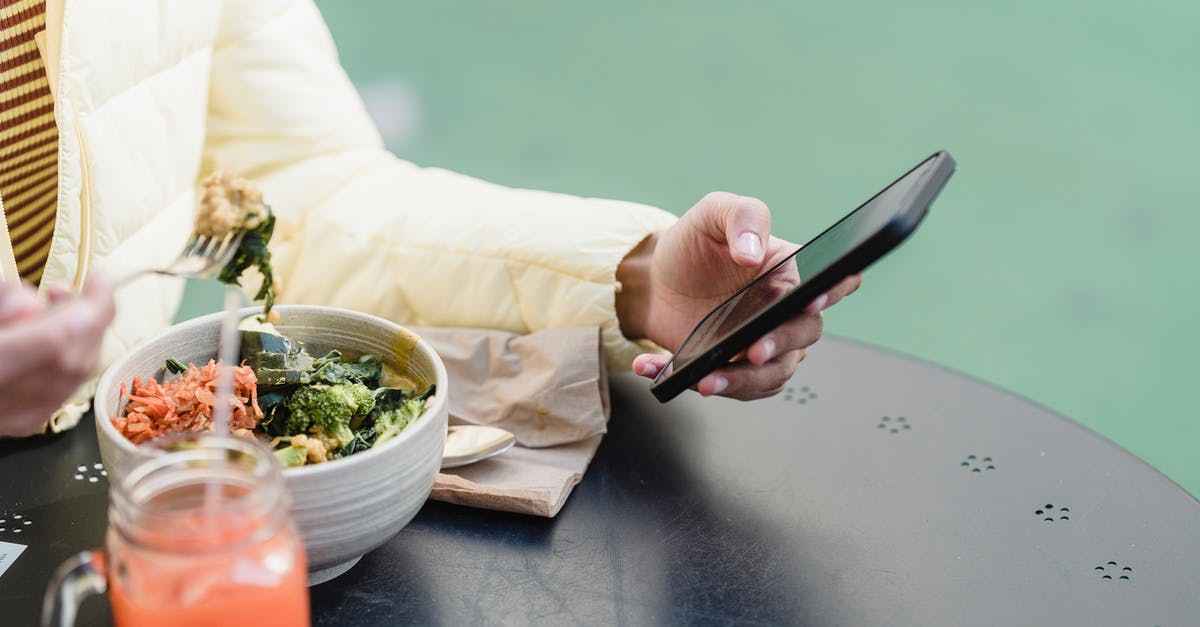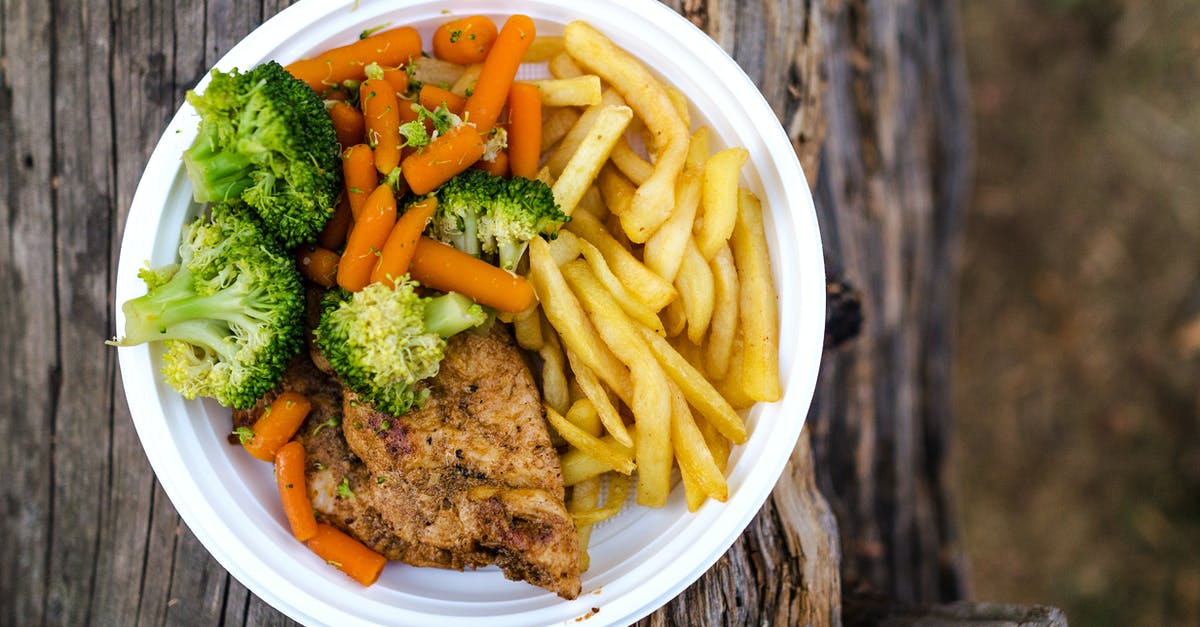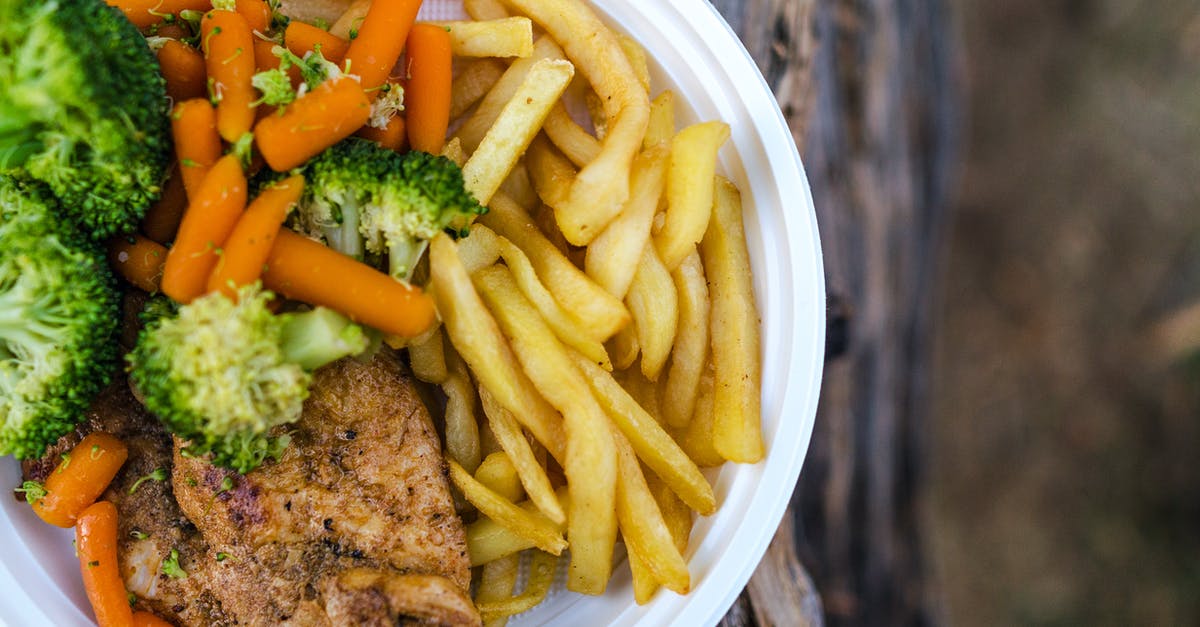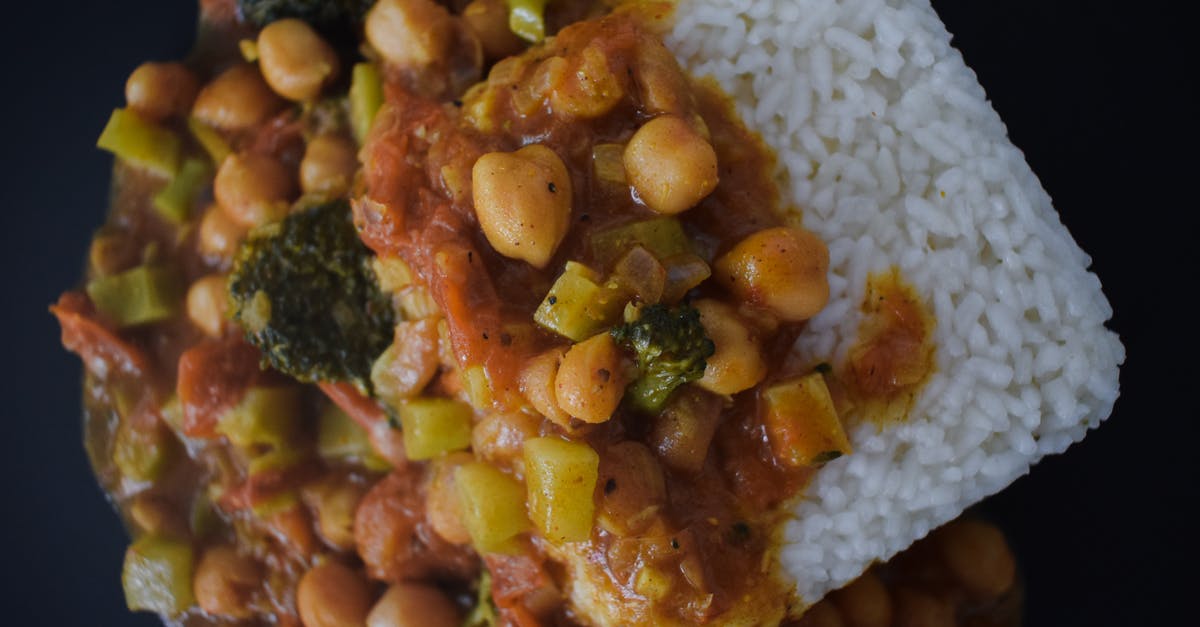Does frozen broccoli need to be cooked to be eaten safely?

I bought a different brand of frozen broccoli and the package says, "For food safety, cook to an internal temperature of 165 degrees". The previous brand didn't have any such warning. My questions:
How big a risk am I taking by just blending frozen broccoli into my smoothies without cooking at all? How likely is it that I get sick and what might be the symptoms?
Besides having been reviewed by different lawyers, might there be a good reason why one package has a warning and the other doesn't?
A Google search gave me a theory about why there might be a difference between the two brands. A recent study indicated that blanching to 187F destroys a particular anti-cancer enzyme in broccoli and recommended that frozen broccoli manufacturers change their ways and blanch to only 169F before freezing. Since blanching is typically a pretty quick process, maybe 169F for a short period of time is not enough to kill some relevant strain of bacteria, but 165F for a longer period of time is enough. Maybe the brand without the warning is blanching to 187F and the brand with the warning is only blanching to 169F. Does that seem possible?
Best Answer
I cannot comment directly on the broccoli, but I want to point out that this part
How big a risk am I taking by just blending frozen broccoli into my smoothies without cooking at all? How likely is it that I get sick and what might be the symptoms?
is impossible to answer. This is not how food safety works.
Creating a prediction for such a risk is as complicated as creating a weather prediction. Only the people who'd have the resources to do such a prediction for any given piece of food (for example the FDA) don't have enough data to make the prediction. They'd need to know the history of the pack of broccoli to calculate the risk.
Instead of calculating the risk for every type of food under every condition, they calculate a range of conditions which can be considered "safe" and promise you that nothing will happen when you eat the food. All other ranges are called "unsafe", but a better word would be "undefined". The risk for them could be anywhere from 0% to 100%, and nobody can give you a better answer.
There is no general food safety guideline that produce has to be cooked through, and normally, eating raw broccoli would be considered safe. Of course, there are still rare cases where safe food, including produce, does cause problems - we are talking low risk here, not zero risk - and there could be a lawyer who decided to wash their hands of the matter. Or they could indeed know that their food has a higher risk factor than typical broccoli, maybe they use maize-fed cow dung for fertilizer on the broccoli (which is a source of E. coli), and decided to write it there. Whichever it is, nobody can tell you but the producer. If you decide to eat it, you are on your own in that pesky "unsafe" zone where the risk can have any value.
As long as we don't know which microorganism they suspect in their broccoli, we cannot say what amount of longer cooking at somewhat lower temperature is an adequate substitution for reaching the temperature they recommend. So that part is also unanswerable.
Pictures about "Does frozen broccoli need to be cooked to be eaten safely?"



Quick Answer about "Does frozen broccoli need to be cooked to be eaten safely?"
Nope, you can eat frozen veggiesIs frozen broccoli already cooked?
Not only is frozen broccoli generally less expensive than fresh broccoli, but it's already washed and chopped, which takes a lot of prep work out of your meal. And because frozen broccoli is blanched before it's frozen, it's already partially cooked, which means it takes less time to roast than fresh broccoli.What happens if you eat raw frozen vegetables?
"If you are a healthy adult you'd have to eat a lot of frozen vegetables to make you sick because most of the potentially dangerous bacteria is killed by the acid in your stomach," Mr Kennedy said.Are frozen vegetables already cooked?
The U.S. Food and Drug Administration (FDA) considers most frozen vegetables \u201cready-to-cook\u201d NOT \u201cready-to-eat.\u201d As their name suggests, ready-to-cook foods must be cooked according to package instructions before eaten.Is it safe to eat frozen vegetables frozen?
But though frozen produce is convenient and generally safe, it may still harbor bacteria that cause foodborne illness, such as Listeria monocytogenes or salmonella.Fresh Veggies vs Frozen Veggies | #ScienceSaturday
More answers regarding does frozen broccoli need to be cooked to be eaten safely?
Answer 2
I think almost everything that has been cooked previously carries the warning of reheat to 73-76c or 167f. Not just broccoli, it is just the accepted reheat temperature. However if your not heating it at all and it'll stay below 7c you should be perfectly safe :-)
Who probes vegetables anyway? ?
Answer 3
Cooked food becomes potentially hazardous when it cools and also when it is re-heated from cold. Why one brand would have a food safety warning and another would not, I cannot say. Sometimes manufacturers treat food in other ways (like irradiation) to control possible contamination issues. The temperature at which the broccoli would have been factory-blanched would not change any hazards tied to contamination during critical temperature transitioning. And while nobody is probing individual florets of broccoli for temperature monitoring, the threshold of 165° F is the temperature established as the critical threshold for reheating previously cooked food from a food safety standpoint.
Though the risk from using frozen broccoli in smoothies is probably much lower than using (say) frozen chicken or meatballs, there still is the potential for contamination. With the warning on the bag, the manufacturer provides a warning to alert the consumer and protects themselves from liability.
See also this thread from earlier this month: Why do frozen foods that are fully cooked still need to be heated to the same temperature raw items require?
Sources: Stack Exchange - This article follows the attribution requirements of Stack Exchange and is licensed under CC BY-SA 3.0.
